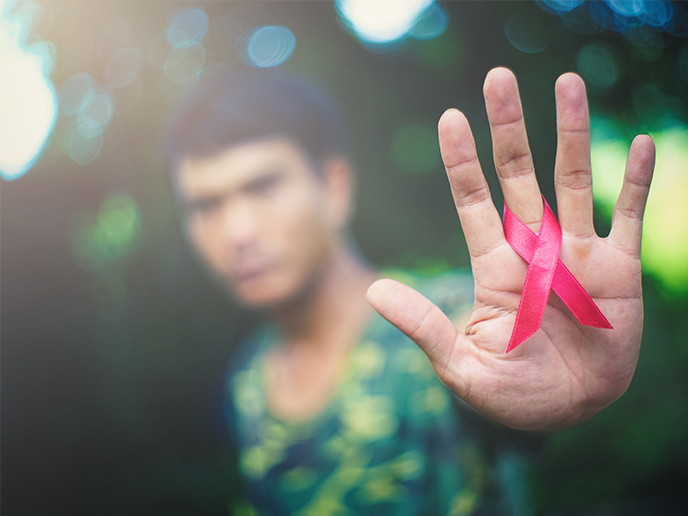Innovative EU research hones in on HIV
“Go without hate but not without rage. Heal the world” – Paul Monette, American writer, died of AIDS-related complications, 1995
Obviously, the first virus being referred to is SARS-CoV-2 and the second is Human Immunodeficiency Virus (HIV). Many of the world’s leading immunologists and epidemiologists who are currently working against COVID-19 cut their teeth in the HIV/AIDS epidemics of the 1980s and 1990s and are thus applying the lessons learnt during those difficult times to the current global health crisis. Whilst this experience is invaluable, one such lesson that can be learnt from the HIV/AIDS pandemic, and admittedly this is one that may not be totally well-received in our current situation, is that pandemics do not necessarily end quickly. Nearly 40 years after the virus that became known as HIV began manifesting itself rapidly amongst clusters of gay men in New York and San Francisco, around 37 million people today are HIV-positive, most in Sub-Saharan Africa, but around 2.3 million are living in the World Health Organization’s (WHO) European Region, which includes the EU/EEA. At the same time, the HIV/AIDS experience offers hope in the fight against COVID-19. In the 1980s, an AIDS diagnosis equated to a death sentence. Then slowly, but surely, and off the back of immense activist campaigns driven by AIDS patients and their supporters, as well as huge levels of devotion amongst HIV researchers, new treatments began to filter through, with major breakthroughs in antiretroviral drugs in the 1990s. Today, at least in the rich world, an HIV diagnosis is no longer a death sentence but is now essentially considered a manageable chronic disease. The important takeaway here is that if they have to, human societies can adapt and learn to live with COVID-19 on a long-term basis if it cannot be eliminated entirely, just as they have had to do with HIV/AIDS. People had to learn the importance of safe sex as a means to protect themselves from a potentially deadly virus and this is now considered an accepted societal norm. In the same vein, we’re likely to see modified social behaviours in the post-COVID world – perhaps, for example, mask-wearing when suffering from a simple cold to protect others will become more commonplace in Europe as it has been for many years already in Asian societies. This is of course not to diminish the immense sacrifices and personal tragedies that millions of people afflicted by HIV/AIDS have had to live (and die) through over the last 40 years. With the holy grail of an effective HIV vaccine and/or cure still out of reach, researchers continue to be dedicated to developing new treatments and have definitely not given up hope of one day clasping that holy grail in their hands. In the EU, under Horizon 2020, EUR 220 million has been assigned to innovative HIV/AIDS research since the programme’s start. The EU has been dedicated to advancing HIV/AIDS research since the early years of the epidemic and will continue to do so in the years ahead. In this special feature, due to be published just before the annual World AIDS Day on 1 December, we meet seven EU-funded projects that have been at the forefront of HIV/AIDS research in Europe. So, whilst we reflect upon a very, very difficult year filled with much loss and sacrifice, what we can draw from the HIV/AIDS experience is that there is always hope and there is always a fierce determination to steer the course and reach the light at the other end of the tunnel. We look forward to receiving your feedback. You can send questions or suggestions to editorial@cordis.europa.eu.



